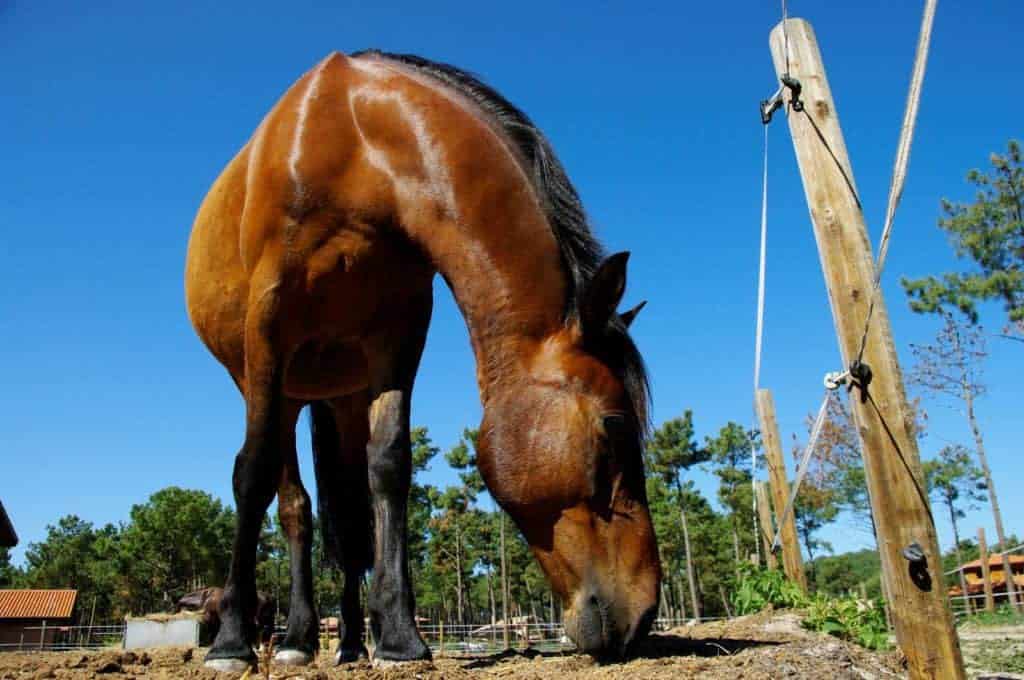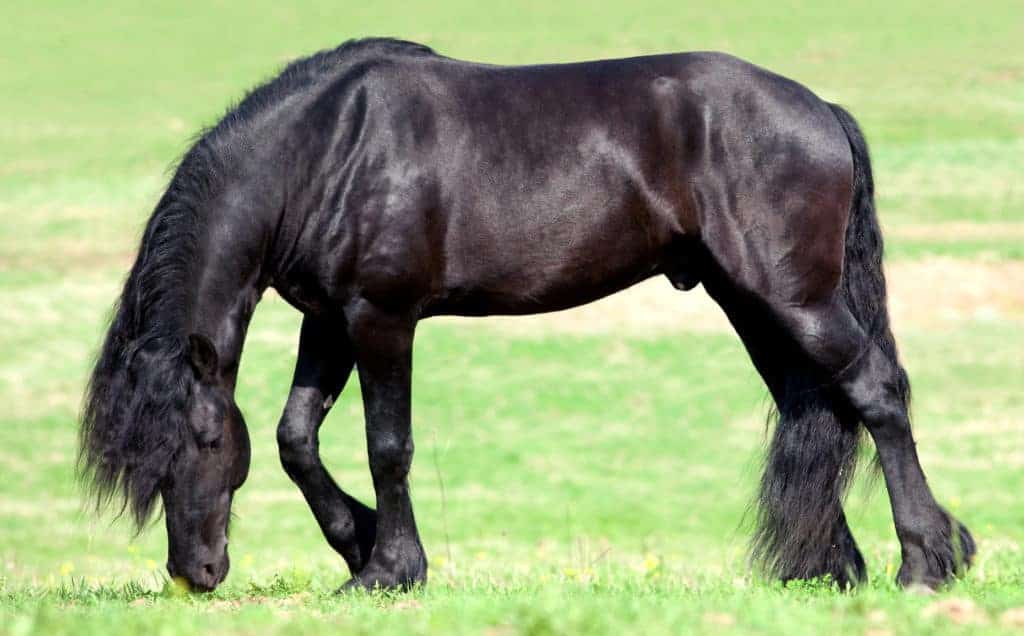
Drugs and Your Horse: The Dangers of Medicating
Improper use of some common equine drugs can impact our horses’ health and safety more than some might think.

Improper use of some common equine drugs can impact our horses’ health and safety more than some might think.

Erin Venable, MS, PhD, is using cannulated horses to learn what goes on in a horse’s cecum.

A psyllium/magnesium sulfate combination appears safe and effective for helping horses evacuate sand from their colons.

Studies have shown that a high percentage of performance and racehorses have gastric ulcers.

Up to 90% of horses suffer gastric ulcers. Is your horse one? Discover common clinical signs, treatments, and management strategies for horses with gastric ulcers in our step-by-step guide.

There are no easy answers when it comes to colic surgery, just as there are no easy decisions.

Learn about gastric ulcers and how to treat them and decrease their likelihood of causing your horse distress.

Understanding the horse’s digestion process can help you better manage factors that could cause colic.

The equine intestinal tract can be divided into large sections based on its overall function.
My horses eat dirt, even with mineral and salt blocks available to them. Why do they do this?

A look at how and where impaction colic happens and what measures might reduce a horse’s risk.
Researchers are exploring animal microbiome to benefit both animals–including horses–and humans.

Get your questions answered and learn about the latest advances in horse dental care in this live event.

Horse owners can take simple steps to help keep their animals’ GI systems functioning optimally.

Researchers compared the digestibility of a high-forage diet when fed to weanling versus mature horses.

Our experts answer your questions about ulcers, GI tract problems, and general “tummy troubles” in horses.
Stay on top of the most recent Horse Health news with
"*" indicates required fields